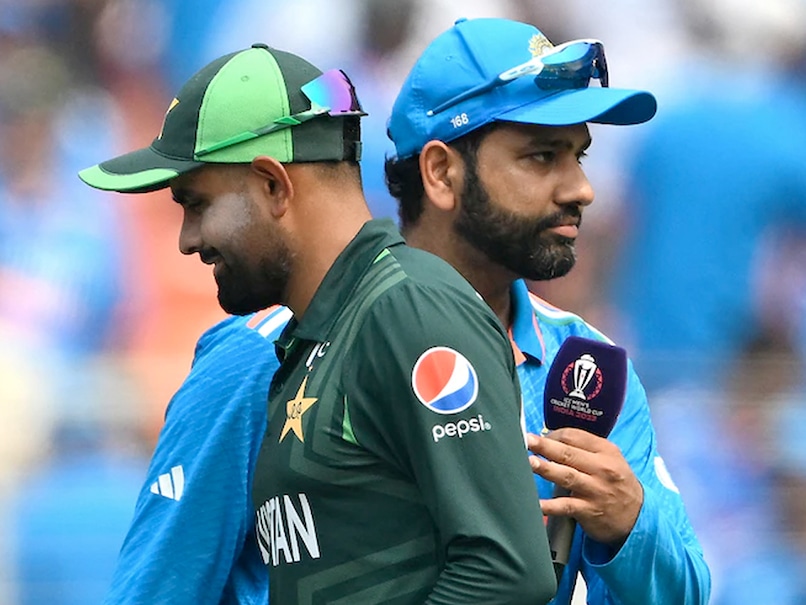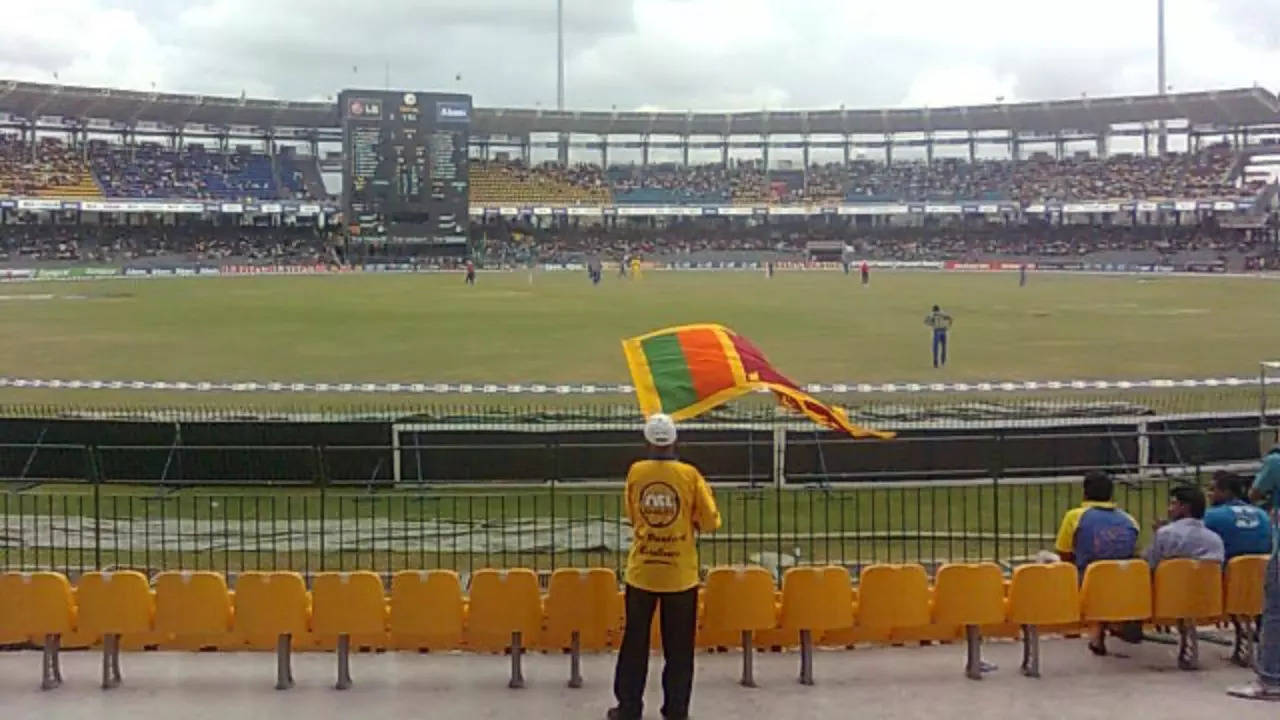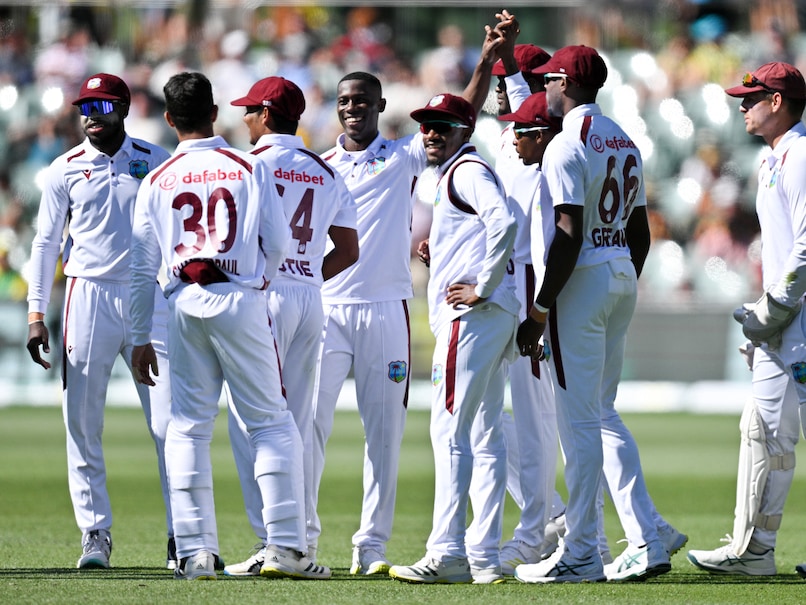India’s Champions Trophy Boycott Reignites India-Pakistan Tensions
India’s decision to boycott the 2025 Champions Trophy in Pakistan has sparked controversy and raised concerns about the future of the tournament. The International Cricket Council (ICC) confirmed India’s withdrawal on Sunday, despite earlier suggestions of a “hybrid” solution involving India playing their matches in Dubai.
Pakistan has expressed disappointment and is reportedly considering hosting the tournament without India or boycotting it altogether. Such a scenario would be a major blow to the ICC, which has secured broadcast rights worth $3.2 billion until 2027 and expected an additional $1 billion from other sources.
India’s absence would significantly impact viewership and popularity, as they are the highest revenue generator for the ICC. Pakistan’s absence could also be problematic, as India is scheduled to host four major ICC events between 2024 and 2031. If Pakistan retaliates by boycotting these events, it would further diminish their viewership.
The political tensions between India and Pakistan have prevented bilateral series for over a decade, making international competitions the only platform for their rivalry. These matches generate immense popularity and viewership, as evidenced by the record-breaking numbers during the 2023 World Cup.
Even if Pakistan accepts the “hybrid” model, funding could be an issue. The ICC has allocated $70 million for the tournament, with only $4.5 million for additional expenses. Moving India’s matches to Dubai would incur additional costs and travel time for teams.
The ICC may increase its budget if plans change, but logistical challenges could arise for all teams involved. The situation highlights the complex relationship between politics and sports, and the potential impact on major sporting events.



